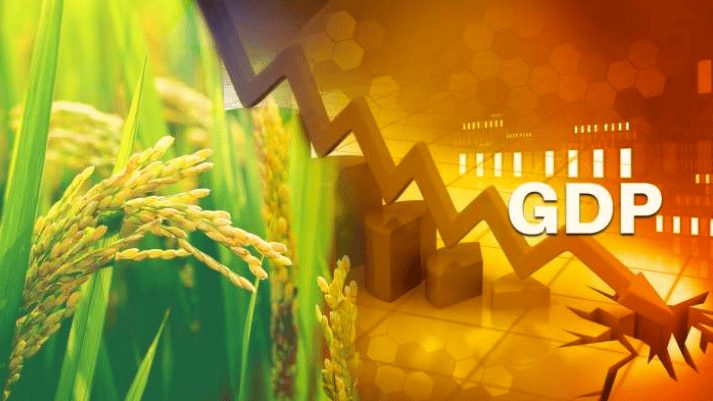Comment by Paul Makube, senior agricultural economist at FNB Agri-Business, 30 November 2021, photo credit: India TV
Unfortunately, South Africa’s petrol price has breached the R20/ litre level after the announcement of the December 2021 fuel update by the Department of Mineral Resources and Energy. The latest announcement sees the petrol price rise by 81 cents/ litre from the November level, while the two grades of diesel increase by 72.5 (0.05%) and 74.5 (0.005%) cents/ litre respectively.
The recent upswing in international crude oil prices, with the average Brent crude averaging US$82.50/ barrel, coupled with the sharp depreciation in the rand exchange rate to R15.85/US$ led to the latest upward revision to the fuel prices.
This comes against the backdrop of a sharp increase in input costs mainly fertilizer, pesticides, and herbicides, driven by a combination of global supply shortages and the weakening of the rand exchange rate versus the US dollar. This is obviously not good news from an agriculture perspective given the already high input costs. Increased activity in terms of planting, transportation of production inputs, distribution of produce as in the case of horticulture and livestock, as well as harvesting will attract additional costs which will negatively impact the profit outlook for farmers in the year ahead, despite the current strength in commodity prices.
Profit margins are gradually shrinking, and it will be difficult for farmers to continue to absorb costs in the medium term if the situation does not improve. Further, this is likely to dampen the food inflation outlook which has been relatively contained below 5% since October 2018.
The South African Pork Producers’ Organisation (SAPPO) coordinates industry interventions and collaboratively manages risks in the value chain to enable the sustainability and profitability of pork producers in South Africa.
















